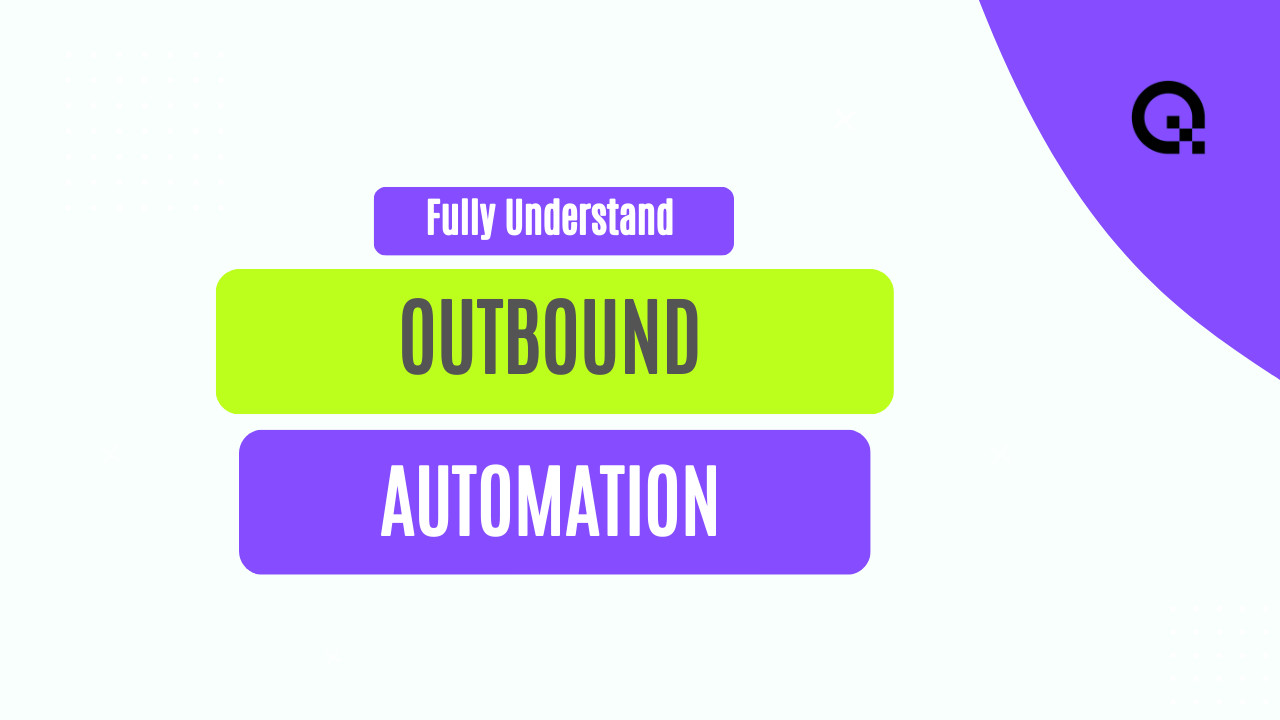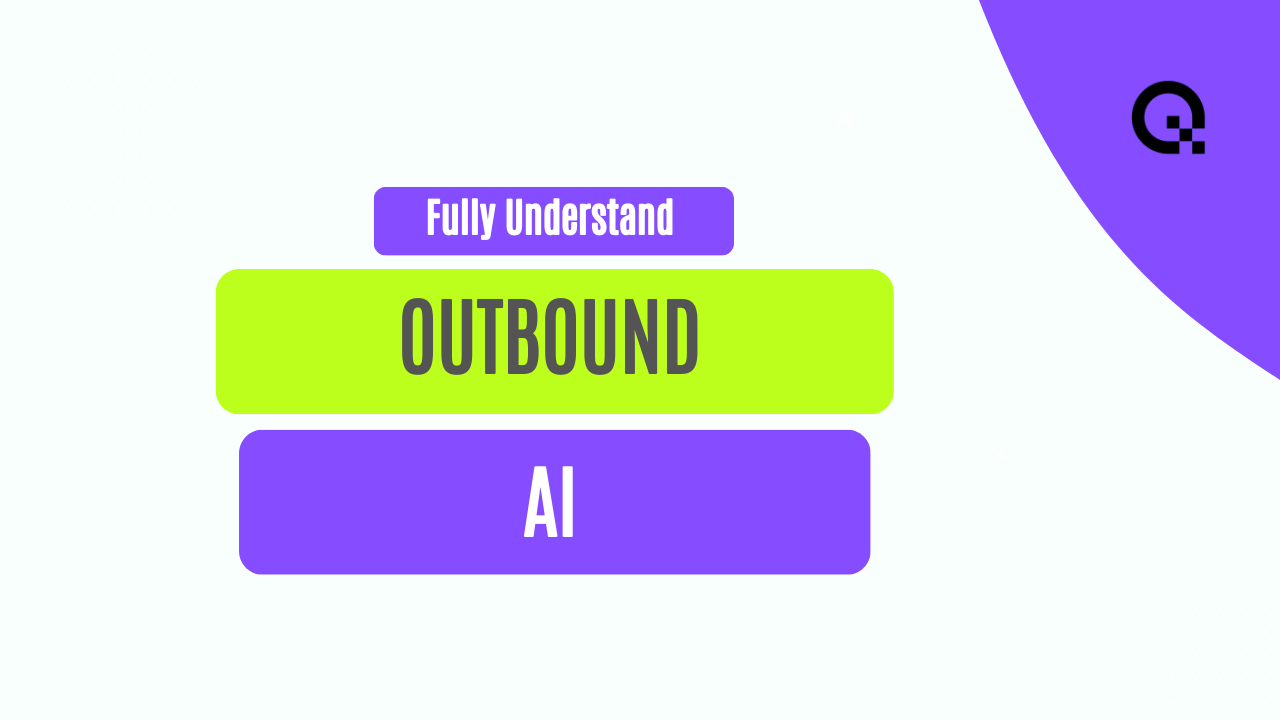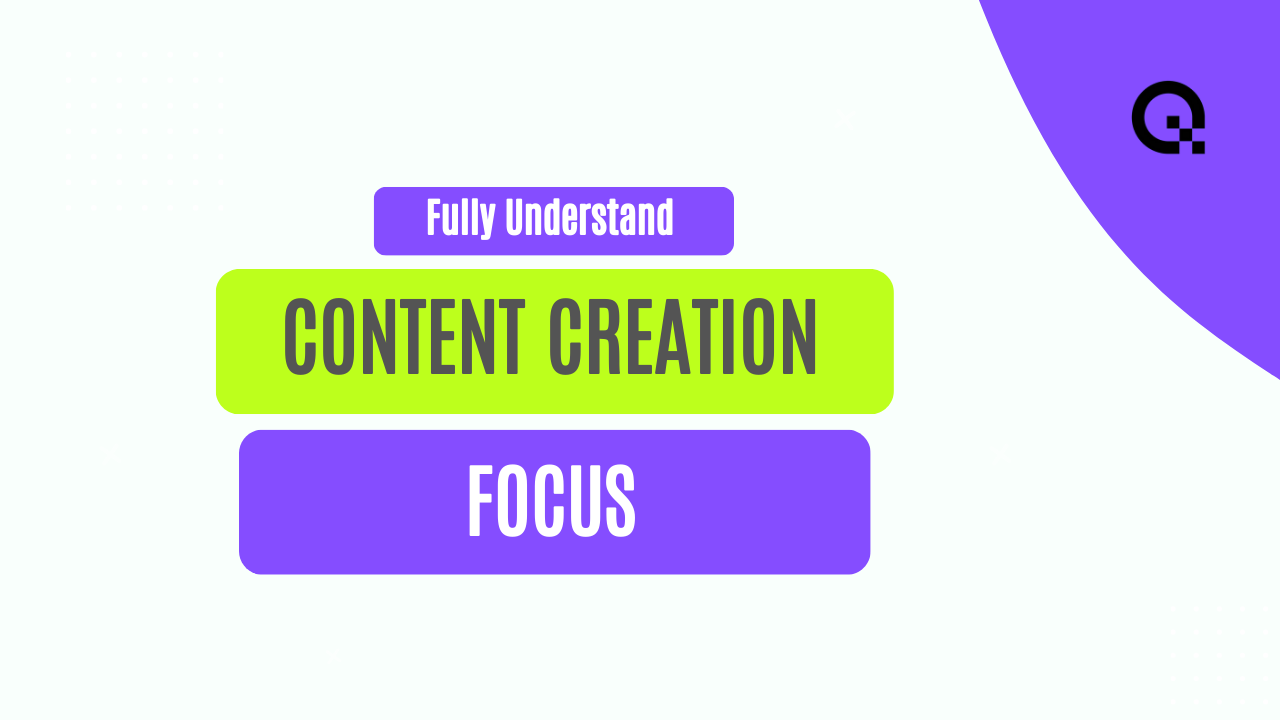The Power of Generative AI in Content Creation
In the digital age, content creation has become a vital aspect of marketing and communication strategies for businesses across industries. One of the most revolutionary advancements in this field is the emergence of Generative AI-powered content creation tools. These tools leverage the power of artificial intelligence to automate and streamline the content creation process, enabling marketers to produce high-quality, engaging content at scale.
The Rise of Generative AI in Content Creation
Generative AI, also known as creative AI, refers to the use of artificial intelligence algorithms to generate content such as text, images, and videos. This technology has gained significant traction in recent years due to its ability to mimic human creativity and generate content that is indistinguishable from that created by humans.
One of the key advantages of Generative AI in content creation is its efficiency. Traditional content creation processes often require significant time and resources to produce high-quality content. With Generative AI tools, marketers can automate repetitive tasks such as writing product descriptions, generating social media posts, and even creating entire articles.
Furthermore, Generative AI enables marketers to personalize content at scale. By analyzing data on consumer preferences and behavior, AI-powered tools can generate personalized content that resonates with target audiences. This level of personalization not only enhances the customer experience but also improves engagement and conversion rates.
The Benefits of Generative AI-Powered Content Creation
Generative AI-powered content creation offers a wide range of benefits for businesses looking to enhance their content marketing efforts. One of the primary benefits is the ability to scale content production without compromising quality. By automating repetitive tasks and streamlining the content creation process, marketers can produce a higher volume of content in less time.
Additionally, Generative AI tools can help marketers stay ahead of trends and produce relevant content in real-time. By analyzing data from various sources, AI algorithms can identify emerging topics and keywords, enabling marketers to create content that is timely and resonates with their target audience.
Another key benefit of Generative AI in content creation is the ability to improve content consistency and coherence. AI-powered tools can ensure that content is cohesive across different channels and platforms, maintaining brand voice and messaging consistency.
Challenges and Considerations
While Generative AI-powered content creation offers numerous benefits, there are also challenges and considerations that marketers need to be aware of. One of the primary concerns is the potential for AI-generated content to lack authenticity and creativity. Marketers must strike a balance between automation and human creativity to ensure that content remains engaging and authentic.
Furthermore, there are ethical considerations surrounding the use of AI in content creation. Marketers need to be transparent about the use of AI-generated content and ensure that it complies with ethical standards and regulations.
Lastly, there is a learning curve associated with implementing Generative AI tools in content creation. Marketers need to invest time and resources in training and upskilling to effectively leverage these tools and maximize their benefits.
The Future of Content Creation
As Generative AI continues to advance and evolve, the future of content creation looks promising. Marketers can expect to see further integration of AI-powered tools in content creation processes, enabling them to produce more personalized, engaging, and relevant content for their audiences.
Ultimately, Generative AI-powered content creation represents a paradigm shift in the way content is produced and consumed. By harnessing the power of artificial intelligence, marketers can unlock new possibilities for creativity, efficiency, and engagement in their content marketing strategies.



